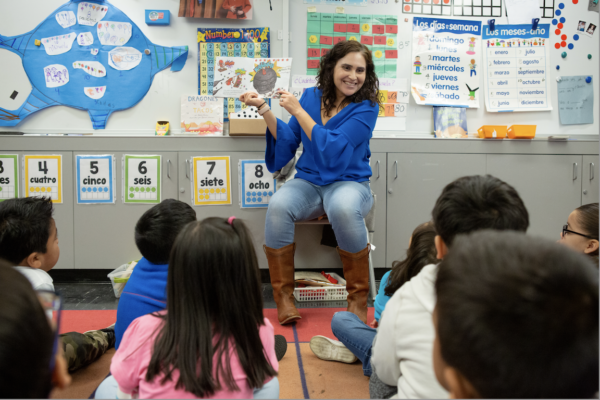The benefits of many early childhood interventions, such as improvements in participants’ lifetime educational and financial outcomes, are well documented. However, the spillover effects of these interventions on future generations are generally unknown.
In a recent study published in the Journal of Political Economy, Andrew Barr of Texas A&M University and Chloe Gibbs of the University of Notre Dame shed light on the intergenerational impacts of Head Start, the U.S.’ largest preschool program for disadvantaged children. In their study, Barr and Gibbs use data from a nationally representative longitudinal survey to examine
the difference in outcomes for children of women born just before and just after possible Head Start exposure.
This study, which provides the first evidence of the intergenerational effects of a scaled U.S.-based early childhood intervention, finds that Head Start participants benefitted from increased educational attainment, reduced teen pregnancy, and reduced criminal engagement. Meanwhile, the children of these participants saw gains of 6 to 11 percent in their wages. The
researchers attribute these intergenerational benefits, at least in part, to improvements in home environments and preschool participation rates among the second-generation.
Barr and Gibbs’ findings confirm the importance of early childhood investments by providing evidence of Head Start’s lasting positive impacts on both participants and their children. Further, the results reveal a need to account for intergenerational effects in cost-benefit analyses of Head Start and similar programs.

